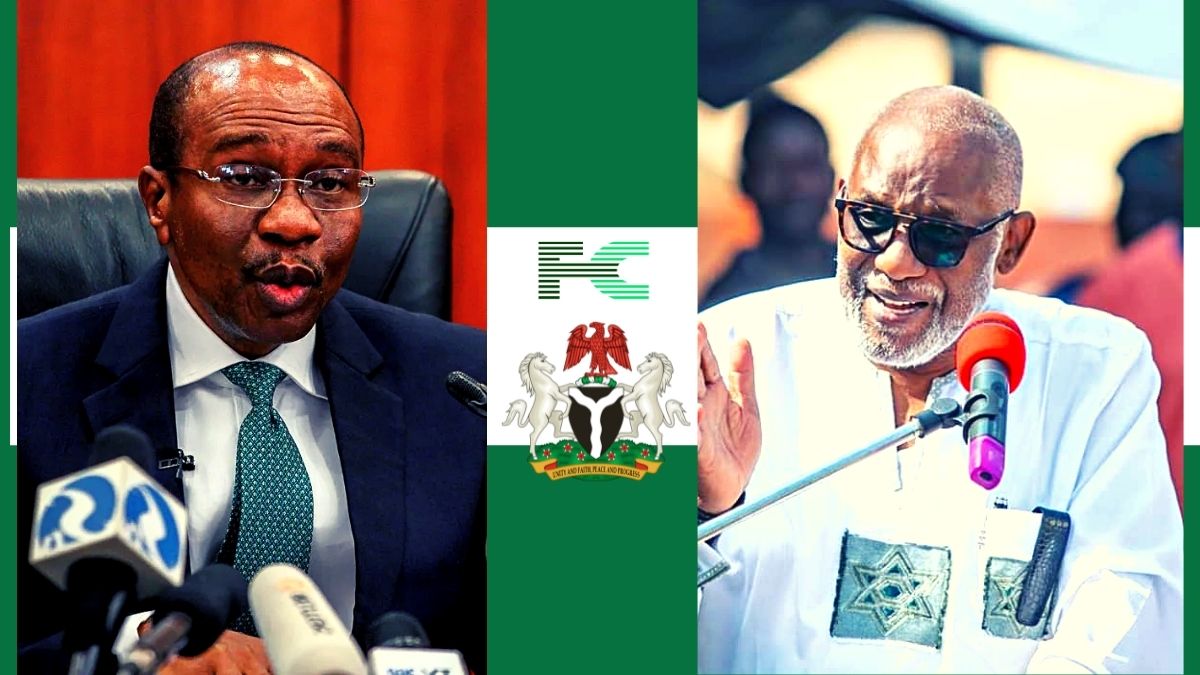Nigeria has endured one of its most challenging years in terms of power supply nationwide.
However, Minister of Power, Adebayo Adelabu, offers a glimmer of hope, promising significant improvement within the next 3-6 months.
The Capitalist Movement
The Minister acknowledges the challenges but emphasizes they’re surmountable, provided all stakeholders step up. A key area he focuses on is investment within the power sector, particularly by Distribution Companies (DisCos).
Adelabu believes DisCos should embrace capitalism by investing in infrastructure. This investment would generate more power, translating to increased revenue for DisCos themselves. He expresses concern that some DisCos remain content with the current system, unwilling to invest in improvements.
Legislation for Mandatory Capitalization
To address this, the Minister advocates for legislation mandating capitalization as a requirement for all DisCos. This means DisCos would be compelled to invest more funds to improve infrastructure.

Adelabu argues that such investments are not expenses, but opportunities for increased revenue in the long run. He believes DisCos must be ready to invest in “high-impact infrastructure” for a more robust power sector.
The need for a new tariff System
The Minister acknowledges public concerns about the current low power supply, exacerbated by rising temperatures and the high cost of alternative fuels like generator fuel.
He recognizes that Nigerians might be more willing to pay higher tariffs if they are assured of consistent electricity. He emphasizes that Nigeria will eventually transition to “full cost-reflective tariffs,” meaning the actual cost of electricity production will be reflected in pricing.
Moving Forward: A Collaborative Effort
While the Minister projects a brighter future in 3-6 months, it hinges on collaboration. Increased investment by DisCos, coupled with potential tariff adjustments, could lead to a more stable and reliable power grid in Nigeria. However, the success of this plan depends on the willingness of all stakeholders, including DisCos and the public, to embrace these changes.

















